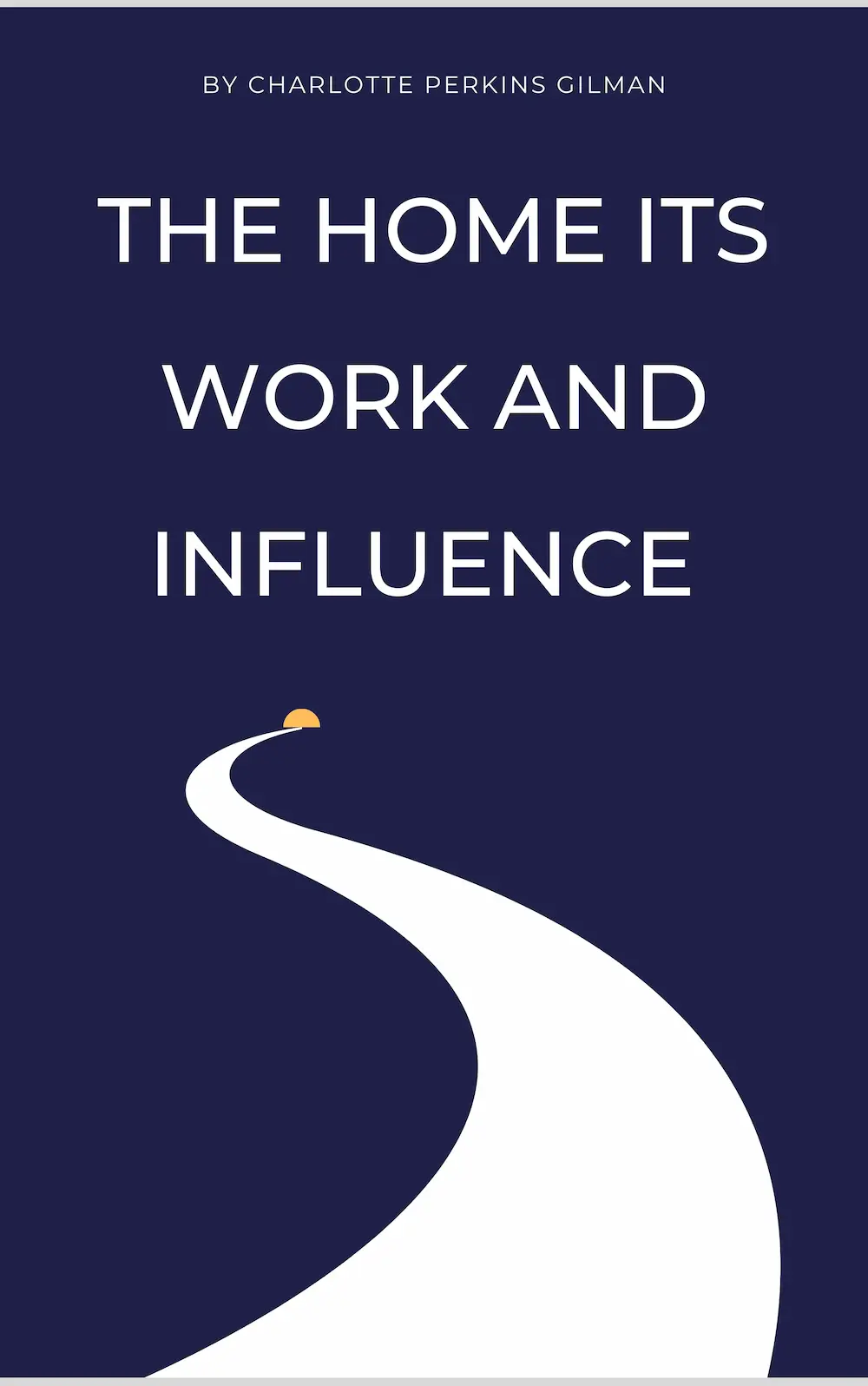
The home its work and influence by Charlotte Perkins Gilman
A bold and groundbreaking critique of domestic life and gender roles from one of America’s earliest feminist voices.
In The Home: Its Work and Influence, Charlotte Perkins Gilman examines the traditional role of the home and its impact on women, society, and progress. Written in 1903, this powerful work challenges the idealization of domesticity and argues that the conventional home stifles women’s potential, reinforces dependency, and hinders social evolution.
With insight and clarity, Gilman explores how reimagining domestic labor, architecture, and gender expectations could lead to healthier families and a more equitable society. A companion to her famous work Women and Economics, this book remains a vital contribution to feminist thought and social reform literature.
Essential reading for students of gender studies, history, and anyone interested in the evolution of the modern home and
20.00 USD
Related Books

The Expedition to Borneo of H.M.S. Dido by Keppel and James
10.00 USD

The Esperantist, Vol. 1, No. 14 by H. Bolingbroke Mudie
14.00 USD

The Commentaries of Cæsar by Anthony Trollope
19.00 USD
Summary
A bold and groundbreaking critique of domestic life and gender roles from one of America’s earliest feminist voices.
In The Home: Its Work and Influence, Charlotte Perkins Gilman examines the traditional role of the home and its impact on women, society, and progress. Written in 1903, this powerful work challenges the idealization of domesticity and argues that the conventional home stifles women’s potential, reinforces dependency, and hinders social evolution.
With insight and clarity, Gilman explores how reimagining domestic labor, architecture, and gender expectations could lead to healthier families and a more equitable society. A companion to her famous work Women and Economics, this book remains a vital contribution to feminist thought and social reform literature.
Essential reading for students of gender studies, history, and anyone interested in the evolution of the modern home and
Analysis
A bold and groundbreaking critique of domestic life and gender roles from one of America’s earliest feminist voices.
In The Home: Its Work and Influence, Charlotte Perkins Gilman examines the traditional role of the home and its impact on women, society, and progress. Written in 1903, this powerful work challenges the idealization of domesticity and argues that the conventional home stifles women’s potential, reinforces dependency, and hinders social evolution.
With insight and clarity, Gilman explores how reimagining domestic labor, architecture, and gender expectations could lead to healthier families and a more equitable society. A companion to her famous work Women and Economics, this book remains a vital contribution to feminist thought and social reform literature.
Essential reading for students of gender studies, history, and anyone interested in the evolution of the modern home and